Hasn't the Catholic Church changed its teaching over the years? For instance, the Church used to put a greater emphasis on not eating meat on Fridays.
We distinguish between "Big T" Traditions and "little t" traditions. "Big T" Traditions are doctrines — what we believe; while "little t" traditions are customs or practices — what we do. The Church does not have the authority to change "Big T" Traditions, such as the Holy Trinity or the Real Presence of Christ in the Eucharist. But the Church can institute or change "little t" traditions, such as fasting from meat or the Rosary, to fit the needs of the time.
Why do Catholic Bibles have seven more books?
Catholics call these books the Deuterocanonical books to distinguish them from the non-biblical Apocrypha. These books are inspired books, belonging to the Greek version of the Old Testament known as the Septuagint. This was actually the version which Jesus and the Apostles favored. We know this because the vast majority of Old-Testament quotes that appear in the New Testament come from the Septuagint. Most non-Catholic Christians, on the other hand, use a version of the Old Testament assembled in the town of Jamnia about 60 years after the Resurrection by Jewish rabbis who were Sadducees. These rabbis discarded the seven books because they refer to the resurrection and prayer for the dead, which they rejected (cf. Wis. 16:13; Sir. 30:17; 2 Macc. 7:29, 12:46).
If the Deuterocanonical books belong in the Bible, why then are they not quoted in the New Testament?
Not every Old Testament book is quoted in the New Testament. The books of Judges and Ecclesiastes, for instance, are not quoted there. While the Deuterocanonical books are not directly quoted, they are referenced. Hebrews 11:35, for instance, speaks of the women in the Old Testament who "received back their dead through resurrection. Some were tortured and would not accept deliverance, in order to obtain a better resurrection." This is a clear reference to Second Maccabees 7:29.
Read more about Scripture and Tradition in the Catechism of the Catholic Church.
Why do Catholics follow the teachings of the Church instead of the Bible alone?
Catholics follow the teachings of the Church because the Bible calls "the Church" "the pillar and foundation of the truth" (1 Tim. 3:15). Because God sent us the Bible through the Church (the first generation of Christians wrote the New Testament), it only makes sense that He would expect us to go to the Church to learn how to interpret it.
Why don't Catholics follow the Bible alone? Second Timothy 3:16-17 says, "All scripture is given by inspiration of God, and is profitable for doctrine, for reproof, for correction, for instruction in righteousness: that the man of God may be perfect, thoroughly furnished unto all good works" (2 Tim. 3:16-17).
Saint Paul says a lot of things about Scripture, but the one thing he does not say is "Scripture alone" is the authority for believers. In fact, in Second Thessalonians 2:15, he says, "Hold to the traditions which you were taught by us, either by word of mouth or by letter." Moreover, if the Bible was meant to be our only authority, the Bible would have to say this. But this is not said anywhere in the Bible.
Why do Catholics follow Tradition when the Bible condemns the traditions of men?
In First Corinthians 11:2, Saint Paul tells Christians to "maintain the traditions even as I have delivered them to you." So the Bible doesn't condemn all tradition, but specifically tradition that goes against the apostolic teaching.
